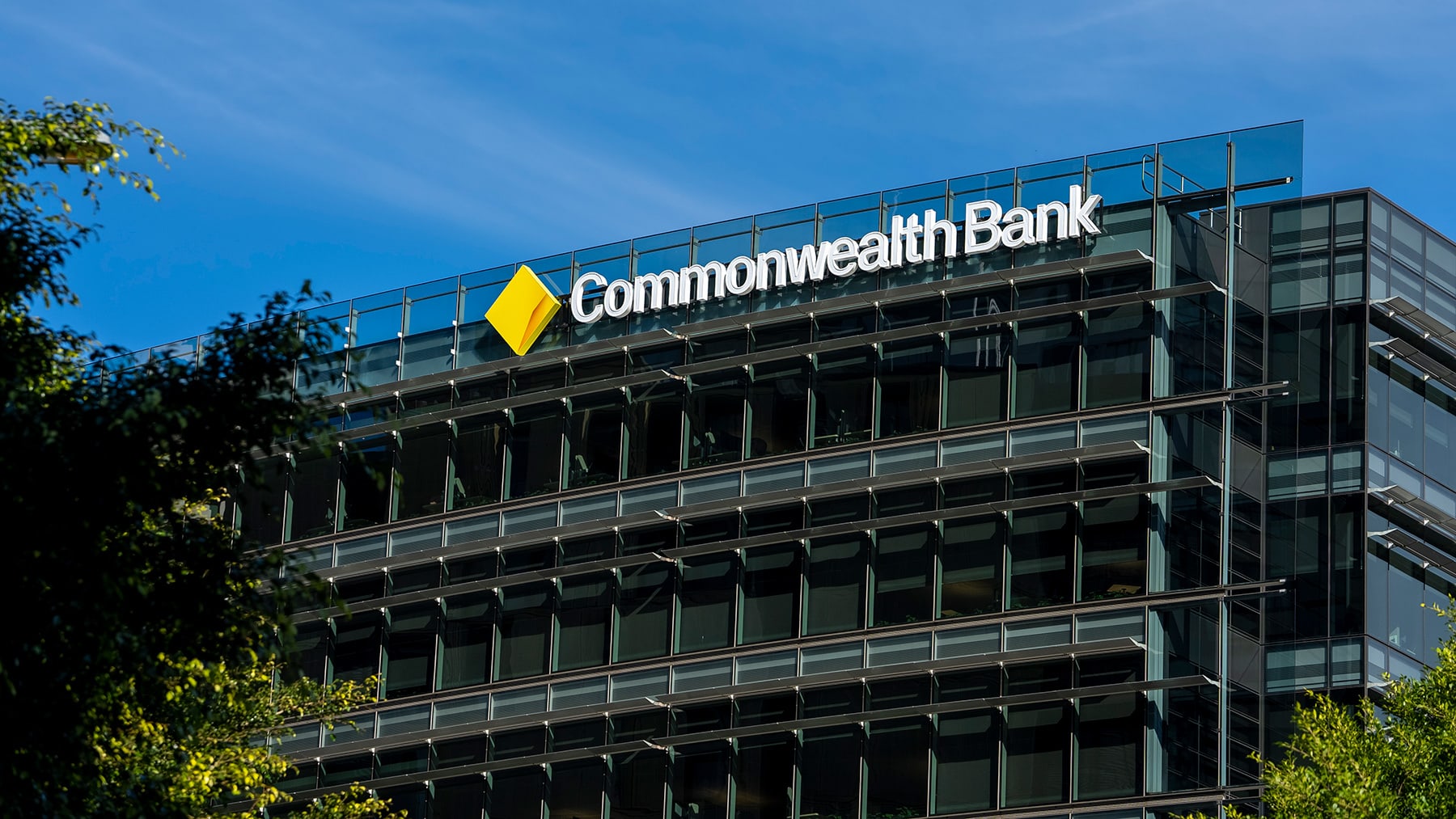Borrow
Australia’s big banks slammed over inadequate climate risk response
Activists say that Australia’s financial institutions are hedging their bets on climate change.
Australia’s big banks slammed over inadequate climate risk response
Activists say that Australia’s financial institutions are hedging their bets on climate change.

Critics say that Australia’s banking sector is largely talk and light on action when it comes to the climate crisis.
According to a new report published by global advocacy group Greenpeace, Australia’s biggest banks are leaving themselves wide open to climate risk and failing to live up to the spirit of their public statements around the climate crisis.
Greenpeace Australia Pacific senior coal campaigner Glenn Walker said that the group’s analysis highlighted the way that Australia’s big four banks are trying to play both sides when it comes to tackling the climate crisis.
“Australia’s major banks all claim to support the Paris Agreement and global progress to net-zero by 2050, but Greenpeace’s analysis reveals that they’re hedging their bets, with shonky policies ridden with loopholes to enable lending to fossil fuel projects like AGL’s coal-burning arm Accel,” he said.

Greenpeace’s analysis suggested that Australia’s big four banks loaned $8.9 billion to the coal, oil and gas industries in 2021, and that the past four years have seen these banks lend almost three times as much to fossil fuel companies as they do to renewable-focused firms.
Combined, Greenpeace said that carbon emissions enabled by the financing of Australia’s biggest over the four-year period covering 2016-2020 amounted to 33 times that of Australia’s own annual domestic emissions.
The group also revealed the findings of an international review of domestic climate policies within Australia’s banking sector that saw many local financial institutions fall short, with ANZ “leading” on a score of 22 out of 200 points. Commbank, NAB and Westpac followed on 18, 14 and 13.5 points, respectively.
Broadly speaking, the issue that Greenpeace identifies in the report is a misalignment between the bank’s claims to support the Paris Agreement target of net zero by 2050 and their own internal policies.
“While there is common reference to a 2030 date, this refers to financing from the bank, rather than the planned activities of clients beyond 2030,” the report noted.
That being said, the report did find a few bright spots.
“Some of the other banks in the Australian banking sector have good and clear policies relating to coal power generation, most notably ING, Suncorp and Citigroup,” the report said.
Pointing to the impending AGL demerger, Mr Walker said that the group was turning its sights on Australia’s biggest climate polluter.
“If any of the big four banks retain their outdated climate policies and proceed with funding Accel Energy, they will be exposed not only to significant financial risk, but a huge amount of pressure,” he said.
About the author

About the author


Banking
ANZ’s company-borrower mortgage clampdown: a risk reset with wide spillovers for SMEs, investors and non-banks
ANZ has tightened credit settings for home loans where the borrowing entity is a company — a narrow policy change with broad commercial consequences. It signals a shift in risk appetite across ...Read more

Banking
CBA’s investor-loan win signals a new phase in Australia’s mortgage machine
Commonwealth Bank’s outperformance in investor mortgages isn’t just a leaderboard moment; it’s a proxy for who owns the next growth leg in a broker‑led, increasingly digital mortgage marketRead more

Banking
A divided Big Four signals a two-track 2026: how to profit from rate uncertainty
Australia’s largest banks can’t agree on where the cash rate lands in 2026 — a split that matters more than the number itself. When the price of money is ambiguous, strategy becomes a game of ...Read more

Banking
Brokers own the mortgage funnel: Why a 77% share is reshaping bank strategy in Australia
Australia’s mortgage market has quietly consolidated around one gatekeeper: the broker. With brokers facilitating roughly 77% of new home loans, distribution power has migrated from bank branches to ...Read more

Banking
Commonwealth Bank leads consideration while People First Bank tops satisfaction in YouGov’s latest rankings
In a revealing snapshot of Australia's banking landscape, the Commonwealth Bank (CBA) has emerged as the most considered financial institution among prospective customers, according to YouGov's ...Read more

Banking
End of the easing: what a major bank’s call signals for Australian balance sheets
A major Australian bank now argues the Reserve Bank’s rate-cut run has hit a pause, resetting the risk-free rate narrative across corporate Australia. The Reserve Bank of Australia’s latest Statement ...Read more

Banking
Open banking, real returns: How an Australian brokerage turned CDR data into deal velocity
Open banking is no longer a whiteboard theory—it’s a working growth engine. This case study unpacks how a mid-sized Australian brokerage (“Pink Finance”) operationalised Consumer Data Right (CDR) data ...Read more

Banking
Open banking’s quiet revolution: how one broker’s data play rewrites speed, trust and margin
Open banking is shifting from compliance cost to commercial engine, and early adopters in Australia’s broking market are already monetising the curve. The playbook: consented bank-grade data piped ...Read more

Banking
ANZ’s company-borrower mortgage clampdown: a risk reset with wide spillovers for SMEs, investors and non-banks
ANZ has tightened credit settings for home loans where the borrowing entity is a company — a narrow policy change with broad commercial consequences. It signals a shift in risk appetite across ...Read more

Banking
CBA’s investor-loan win signals a new phase in Australia’s mortgage machine
Commonwealth Bank’s outperformance in investor mortgages isn’t just a leaderboard moment; it’s a proxy for who owns the next growth leg in a broker‑led, increasingly digital mortgage marketRead more

Banking
A divided Big Four signals a two-track 2026: how to profit from rate uncertainty
Australia’s largest banks can’t agree on where the cash rate lands in 2026 — a split that matters more than the number itself. When the price of money is ambiguous, strategy becomes a game of ...Read more

Banking
Brokers own the mortgage funnel: Why a 77% share is reshaping bank strategy in Australia
Australia’s mortgage market has quietly consolidated around one gatekeeper: the broker. With brokers facilitating roughly 77% of new home loans, distribution power has migrated from bank branches to ...Read more

Banking
Commonwealth Bank leads consideration while People First Bank tops satisfaction in YouGov’s latest rankings
In a revealing snapshot of Australia's banking landscape, the Commonwealth Bank (CBA) has emerged as the most considered financial institution among prospective customers, according to YouGov's ...Read more

Banking
End of the easing: what a major bank’s call signals for Australian balance sheets
A major Australian bank now argues the Reserve Bank’s rate-cut run has hit a pause, resetting the risk-free rate narrative across corporate Australia. The Reserve Bank of Australia’s latest Statement ...Read more

Banking
Open banking, real returns: How an Australian brokerage turned CDR data into deal velocity
Open banking is no longer a whiteboard theory—it’s a working growth engine. This case study unpacks how a mid-sized Australian brokerage (“Pink Finance”) operationalised Consumer Data Right (CDR) data ...Read more

Banking
Open banking’s quiet revolution: how one broker’s data play rewrites speed, trust and margin
Open banking is shifting from compliance cost to commercial engine, and early adopters in Australia’s broking market are already monetising the curve. The playbook: consented bank-grade data piped ...Read more








